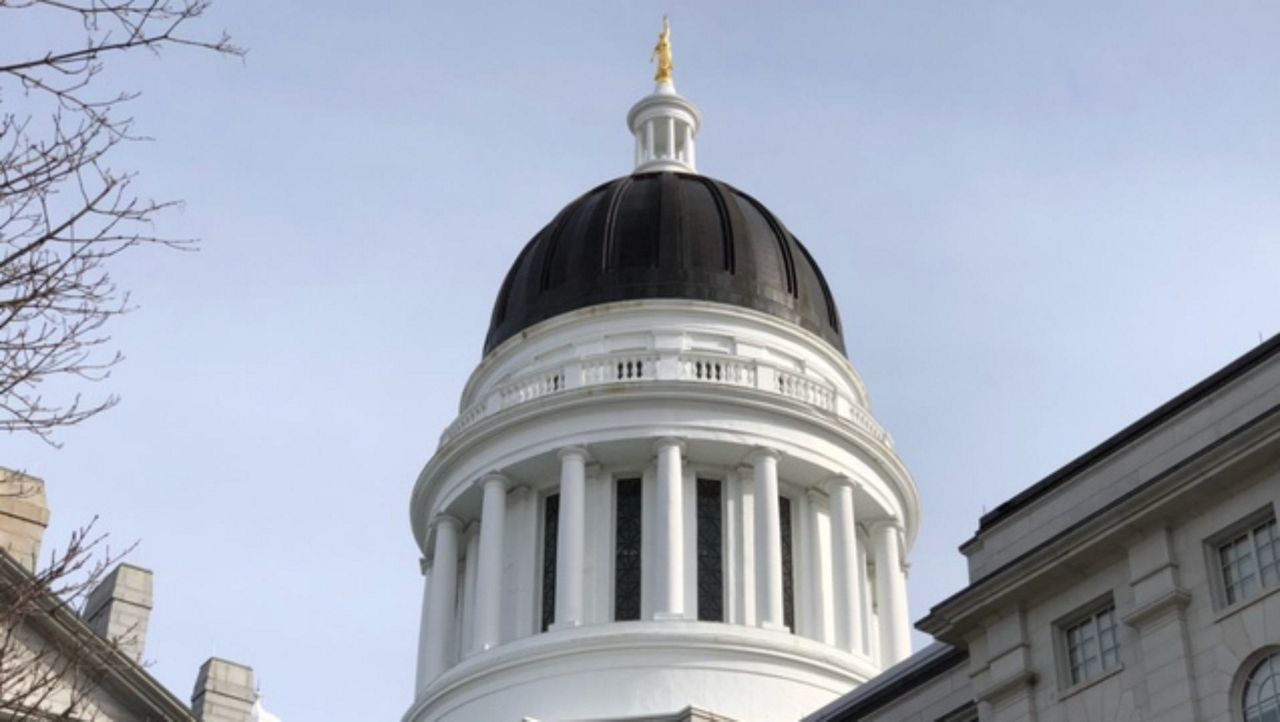Maine lawmakers listened to three hours of debate Thursday about dueling tax reform proposals that would either raise taxes on the state's highest-income earners or simply phase out income taxes for everyone.
Clashes over the future of Maine's income tax come as record revenue surpluses have fueled momentum to pass tax cuts as part of the pending two-year state budget. Those surpluses were cited by many who argued during a public hearing Thursday against tax hikes, as well as by supporters of a bill to phase out all income taxes over the next five years.
But others told members of the Legislature's Taxation Committee that the surpluses will not pay for all the long-term needs facing the state, from health care to education to services for older residents and veterans. And, they argued, requiring the wealthy to pay more also would make the state's code fairer to middle-income workers.
"Working Mainers are experiencing real hardships," Jim Lysen of Lewiston said. "We must begin to meet their needs, and how do we do that? We raise taxes. That’s the equation ... Rolling back the LePage-era tax cuts for the wealthy, for example, will make our tax code more fair and provide more resources."
Penny Morrell of Belgrade was among those who argued that Maine people already pay too much in taxes.
"I'm a Republican. We believe the money workers earn belongs to them and not the government," Morrell said. "We suggest this committee find ways to cut spending ... Taxing wage earners is an incentive for them not to work."
The tax reform debate is expected to heat up in the coming weeks as legislative leaders from both parties negotiate how to allocate nearly $1 billion in surplus revenue the state expects to bring in over the next two years.
The public hearing before the Taxation Committee on Thursday offered a preview of those arguments, but was focused on specific proposals from opposite ends of the political spectrum. The bills debated Thursday all focused on the state's income tax, which brings in roughly $2 billion a year to the state, or nearly half of all revenue.
A Republican-sponsored bill calls for phasing out the income tax over the next five years and requiring state departments to cut spending to make up for the lost income. The sponsor, Rep. David Boyer, R-Poland, said he knows his bill won't survive, especially in the Democratic-controlled Legislature, so he recommended starting with eliminating income taxes on people earning less than $50,000.
Two other Democrat-sponsored bills would raise taxes on the state's highest earners. One sponsored by Rep. Benjamin Collings, D-Portland, would place a 3% surcharge on income exceeding $1 million and a 6% surcharge on income exceeding $10 million. Another bill sponsored by Rep. Laurie Osher, D-Orono, would raise the tax rate from 7.15% to 11.15% for single people earning more than $125,000 and couples earning more than $250,000.
Collings said the expected revenue surpluses won't meet all the needs facing the state and won't last forever. Osher said the highest earners should pay a higher rate than struggling middle-income taxpayers.
"When it comes to fairness, Maine’s current income tax structure misses the mark," Osher said.
Advocates such as the Maine State Chamber of Commerce and Maine Policy Institute, a conservative policy group, opposed increased taxes on high earners. They argued the reform would drive those people and their businesses out of the state.
Others, including the Maine Education Association and the Maine People's Alliance, a liberal policy group, argued in favor. They argued that tax cuts for high earners during former Gov. Paul LePage's time in office shifted the burden to middle-income taxpayers and should be reversed.
LePage and the Legislature's Republican majority at the time successfully lowered the top income tax rate from 8.5% to 7.15% in 2013. But efforts in 2015 to further reduce or eliminate the income tax faced opposition from both Republicans and Democrats, because it would have required an increase in sales taxes to make up for the lost revenue.
To get more news and information from this partner, subscribe here.




